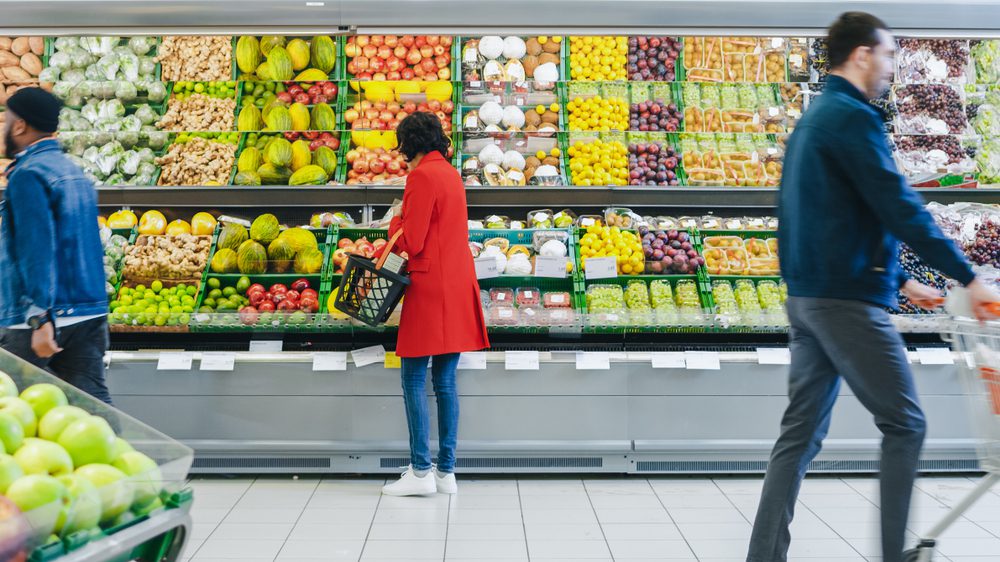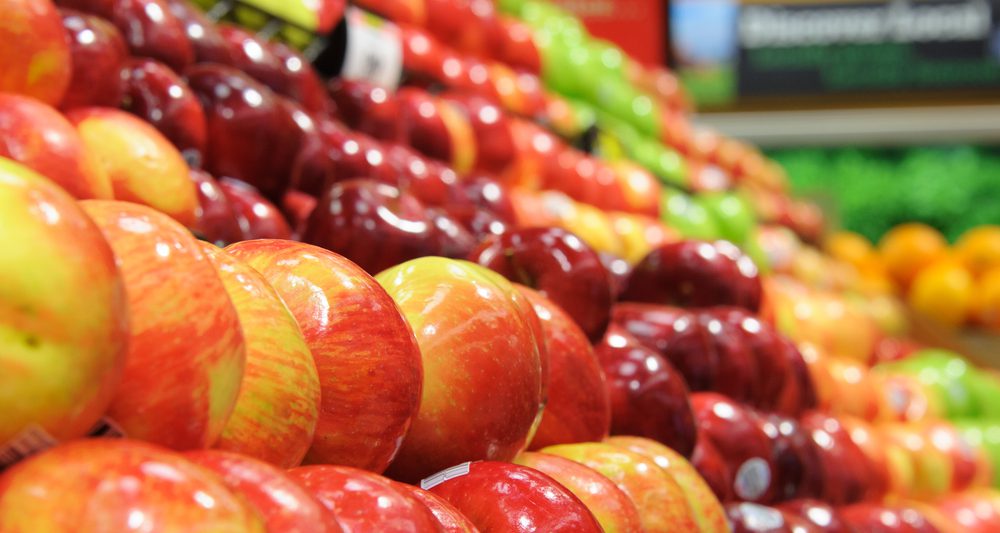
From bananas, apples, and mangoes, to spinach, cucumbers, and tomatoes (or any other fruit or vegetable you like) most people prefer to buy produce from supermarkets, as they can find everything they need in just one trip to the store.
But do you know everything there is to know about grocery store produce? I’m sure you don’t. Read on and find the secrets about grocery store produce.

Produce is most of the time not freshly picked
If you assumed the produce you are buying at the grocery store is freshly picked, you are far from the truth. Just think about it, apples are usually picked in the fall, and yet you can find them in every season at the supermarket. According to David Barbour, co-founder of wellness company Vivio Life Sciences, that’s because produce is stored for a long time.
“From the farm, apples are rushed to controlled atmosphere storage, and along with growing pesticides and coating chemicals, they are processed for storage until they come out the next apple season,” he says. “A generic grocery apple is of last season’s harvest.”
Pre-washed produce still needs to be washed before eating
The carton of strawberries or the bag of spinach in your cart still needs to be washed before you actually eat them. Even though they’ve been washed at some point, that doesn’t mean they’re clean, so make sure you don’t eat them without giving them another wash.
“Things in containers or bags should be washed before eating because even if it says they’re pre-washed it’s not always the case,” says Brianna Nash, creator of Balance + Lift.
She added that her husband worked for several years in a grocery store, and he always argues the importance of washing everything. “All the produce is really dirty, and after putting out produce, his hands would be really black,” she shares.
Produce can be treated with pesticides and waxes after harvesting
According to Samantha Presicci, MCN, RD, LD, CPT, the lead registered dietitian at Snap Kitchen, in some cases produce is treated with pesticides after they’re picked, this way they’ll last longer while still looking fresh.
“Non-organic citrus, especially oranges, are often sprayed with pesticides not only during the growing process but also after picking to maintain freshness. If you look closely at your bag of oranges, you might see a message like the following, “Treated to maintain freshness in transit with Imazalil, Sodium o-phenylphenate and/or Thiabendazole” or “Coated with food-grade vegetable-based, beeswax-based, and/or lac-resin-based wax or resin,” Presicci says.






















